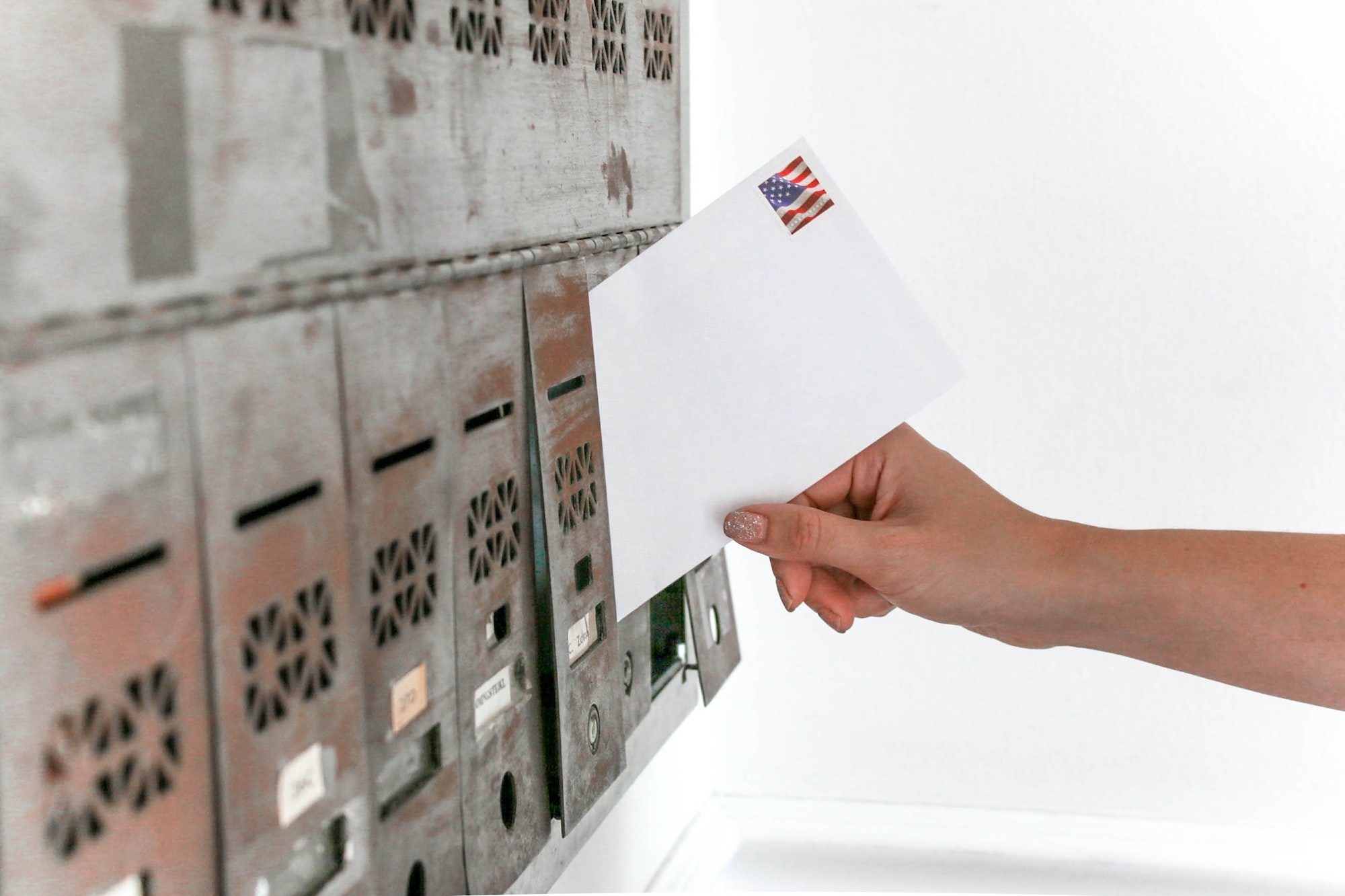Typically, there are not a lot of tax cases that make news at the Supreme Court level. But this season feels like it’s an exception with a whopping two – yes, two – tax-related cases slated for review.
Well, that’s a bit of an overstatement. The first case was actually more procedural in nature but still has some pretty important potential consequences. Here’s what happened: on yesterday, the Supreme Court denied certiorari in United States v. Textron, Inc., No. 07-2631 (1st Cir. Aug. 13, 2009) en banc (will download as a pdf).
Some quick definitions would probably help here. En banc is French for “full bench” which means that the judicial bench was full – this sometimes happens in important appellate hearings like this one. It’s a full bench, meaning that everyone showed up instead of just settling for a quorum. It doesn’t mean unanimous, which this decision certainly was not; in fact, there was a lengthy dissent.
Next, denied certiorari. You’ll sometimes hear this called “denied cert” which is mostly just lawyers trying to sound cool with their own lingo – or in my case, not being able to pronounce Latin. Some cases have what’s called “original jurisdiction” in the Supreme Court but most do not. To be heard at the Supreme Court level without having original jurisdiction requires the losing party at the appellate level to file a petition seeking a review of the case. If the Supreme Court grants the petition and decides to hear the matter, it’s called a writ of certiorari. If the Supreme Court turns the petition down, it’s referred to denied certiorari. A denial does not necessarily mean that the Supreme Court agrees with the appellate court; it just means that the appellate decision will stand.
And that’s exactly what happened in the Textron case. It was an attorney work product case in which Textron, a network of aircraft, defense, industrial and finance businesses, was being investigated by the IRS for issues related to a tax shelter matter. The IRS asked Textron’s lawyers for a number of papers related to its investigation. Textron turned over some – but not all – claiming that some of the papers, including internal memos, were protected as attorney work product. The matter went to court and the lower court ruled in the favor of the IRS finding that the law only protects from disclosure work product prepared for litigation or trial and not those “prepared in the ordinary course of business.” The court also found that the attorney-client privilege had been lost when the papers were revealed to a third party (in this case, accountants). The result was that Textron’s tax work papers, which included internal commentary about how much money to set aside for potential tax liabilities, were said not to be protected and were required to be turned over to the IRS as part of the investigation.
A number of lawyers and bar associations had hoped that the case would be heard at the Supreme Court level because of the underlying importance of further defining attorney work product. The refusal, however, lets the appellate decision stand and many fear that has far-reaching implications in terms of what the IRS can demand during its investigations. My guess is that the IRS is thrilled – and I mean seriously, seriously excited – about the denial of certiorari and will be more aggressive about what it requests going forward.
(Hat Tip: @vkan via twitter)




Thanks for the definitions. Definitely adds to be able to understand. And yes I think the IRS’s excitement level has risen.